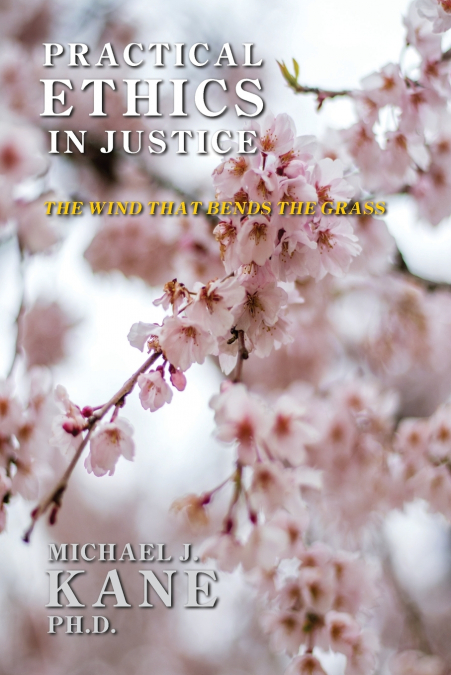
 Librería Perelló (Valencia)
Librería Perelló (Valencia)
 Librería Aciertas (Toledo)
Librería Aciertas (Toledo)
 El AlmaZen del Alquimista (Sevilla)
El AlmaZen del Alquimista (Sevilla)
 Librería Elías (Asturias)
Librería Elías (Asturias)
 Librería Kolima (Madrid)
Librería Kolima (Madrid)
 Donde los libros
Donde los libros
 Librería Proteo (Málaga)
Librería Proteo (Málaga)
This book represents a practical approach to the complex study of ethics, morals, and philosophy. Too often, ethics-related textbooks overwhelm students with complicat- ed abstractions of philosophy, and subsequently, students do not appreciate the relevance of ethics and morals.This book is written for the criminal justice and forensic science student and practi- tioner. The book is sectioned into three parts; ancient philosophy, applied ethics, and transformation ethics. The ancient philosophy section includes the primary paradigms of virtue ethics, utilitarianism, and deontological ethics, with a unique inclusion of Bushido, Japanese wisdom. The applied ethics section looks at ethics focused on criminal justice and forensic practitioners and positions. The last section, transformation ethics addresses a personal path to become ethical, or to practice moral habits. The book itself culminates into a practical tool used to help understand moral dilemmas or to assist the reader in understanding moral problems.The 21 chapters themselves fit nicely into a semester, a chapter per lecture exclusive of examinations and other activity endeavors. There are several recommended activities throughout the book which can become class assignments or used by the casual reader for greater understanding of philosophies. Therefore, the book itself represents a training manual, a textbook, or even a self help book promoting the relevant moral and ethical understanding of the criminal justice and forensic science profession.